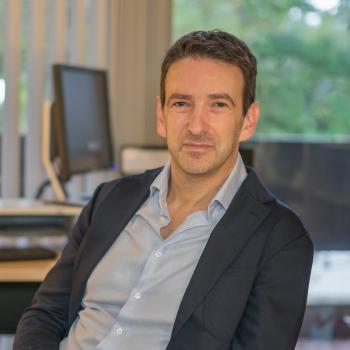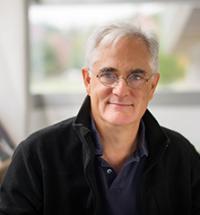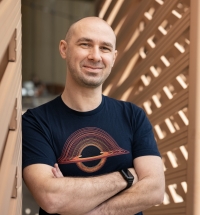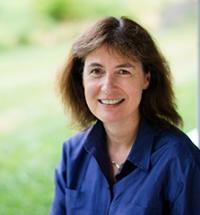Renowned Speakers

Laura L. Carstensen
Professor USA

Geoffrey Cohen
Professor USA

Jonathan Cohen
Robert Bendheim and Lynn Bendheim Thoman Professor USA

Alin Coman
Associate Professor USA

Asif Ghazanfar
Professor USA

Sabine Kastner
Professor USA
Recommended Global Neuroscience Webinars & Conferences
Europe & UK
Asia Pacific & Middle East
Canada
Psychology-2026
To Collaborate Scientific Professionals around the World
Conference Date April 20-21, 2026
For Sponsors & Exhibitors
Speaker Opportunity
Useful Links
Past Conference Report
Supported By
All accepted abstracts will be published in respective Conference Series International Journals.
Abstracts will be provided with Digital Object Identifier by
